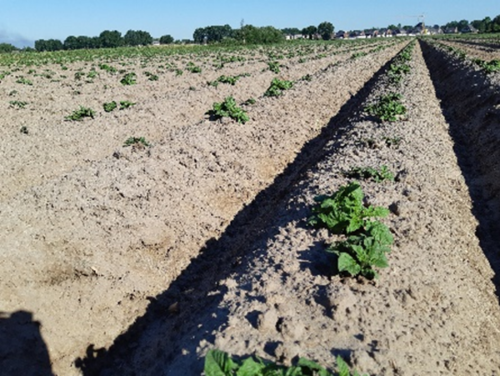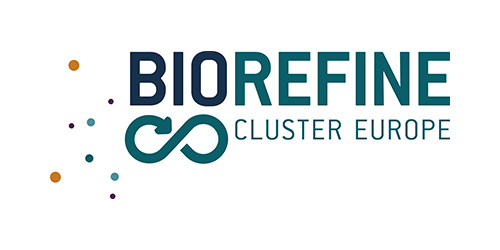Processed pig manure to replace mineral fertilizer
30/06/2020

Processing pig manure is gaining increased attention in Europe, especially in areas with large pig manure surpluses (e.g., The Netherlands, Belgium, Germany). Pig manure can be processed into products and become so-called bio-based fertilizers that contain high concentrations of carbon (C), phosphorus (P), potassium (K) and/or nitrogen (N), which are essential elements for plant growth. Theoretically, mineral fertilizer can be replaced by these bio-based fertilizers, which contributes to closing the nutrient loop. However, since bio-based fertilizers are recycled from bioactive raw materials, the presence of organic matter, fatty acids and microbes in the final products are inevitable. These trace substances may influence the agronomic efficacy of the products. This study by WUR, Ghent University and ZLTO analyses the effect that different refinement levels of bio-based fertilizers have on potato yield.
This study includes a field experiment, a pot-experiment, and an incubation experiment, where different bio-based fertilizers are tested. The liquid fraction of the digested pig slurry is a product that contains high concentrations of N and K. Further processing by Bert Rijnen results in more refined products, which are scrubbing salt (NH4SO3) and K-concentrate.

The field trial was conducted on a potato field of Van den Borne Aardappelen in Eersel (The Netherlands). The liquid fraction of the anaerobic digestate of pig slurry and scrubbing salt are tested in combination with and without manure. Farmers are eager to know whether bio-based fertilizers would lead to better yields, quantitively and qualitatively. The pig manure processing industry is interested whether the extra costs that are involved in the refining process of pig manure could be compensated by the increased revenues of potato yield. The potential of using bio-based fertilizers as a replacer for mineral fertilizer is of interest to all stakeholders, including policy makers.
The pot experiment aims to analyze the fertilizer replacement value. Based on this value recommendations on the potential of replacing mineral fertilizers by bio-based fertilizers can be made. This experiments also tests the K-concentrate on a K-poor soil.
The total N and K content in potato tubers will be analyzed in the future. Besides, soil analysis will be conducted to assess the possible environmental impacts derived from applying bio-based fertilizers. The mineralization rate of the different bio-based fertilizers will soon be tested in an incubation experiment by University of Ghent. These results will give insight in the nutrient availability over time, which can help formulating application recommendations.
The research output could decipher the feasibility of replacing chemical fertilizers by refined pig manure products for potato growing, which is a potential pathway toward circular agriculture.



 This project has received funding from the European Union’s Horizon 2020
This project has received funding from the European Union’s Horizon 2020